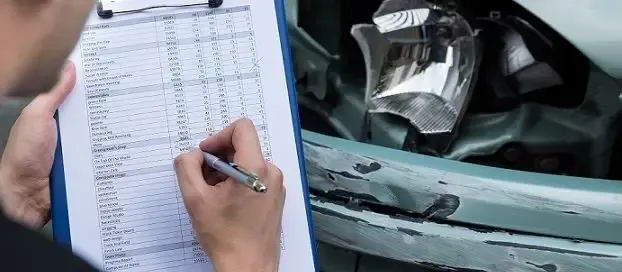What is a taxable benefit?
A taxable benefit is simply any benefit given to an employee in addition to their salary that is taxable.
This does not include company vehicles and fuel, loans, necessary accommodation or mobile phones—and there are special rules to determine the value of these items.
But it does include bonuses, loans, and vehicles for personal use.
Examples of taxable benefits
Taxable benefits that must be declared to HMRC include:
- Cash and non-cash bonuses
- External childcare provisions
- Company cars for personal use
- Covering congestion charges
- Food and drinks, even with no resale value
- Long service awards
- Paid parking spaces
- Loaning HGVs for personal use
- Relocation costs
You can find the full list of taxable benefits here.
What benefits are not taxable?
Many benefits that a company may provide its employees are tax-free. This may be because they constitute part of a worker’s rights, or special exemptions given to disabled or disadvantaged employees. The same goes for benefits that form part of a salary sacrifice scheme. Some common non-taxable benefits include:
- Contributions to a pension fund
- Childcare vouchers
- A work bus service
- Specialised equipment for disabled employees
- Journey to and from work for disabled employees
- Accommodation necessary or usually provided for the job
- Staff welfare services, including counselling
- Bikes and bike safety equipment for commuting
- Goodwill entertainment
- Trivial benefits (value less than £50)
When is a fuel card a taxable benefit?
Please note that the following information is for general information purposes only and does not constitute legal, financial or tax advice.
The use of company fuel cards for personal travel, including journeys to and from work, is effectively using company funds to pay for personal expenses. This is classed as a taxable benefit.
The business must then pay National Insurance contributions (at 13.8%) on the value of the fuel being used for personal use. The business must then submit a report to the HMRC detailing the full extent of personal use across all of its vehicles and employees.
How can I avoid this happening?
In order to avoid these tax implications, all a business must do is ensure that employees only use company fuel cards for business use – or else refund the value of any additional fuel used to their employer.
Employees are incentivised to avoid using fuel cards for personal use as this results in a tax liability for themselves as well as their employer. Otherwise, they will become liable to report their travel and pay the fuel benefit charge, which is a variable tax depending on a number of factors, including fuel type and level of CO2 emissions.
Why use a fuel card in the first place?
Fuel cards are a great way to minimise the administrative headache of processing and refunding expense claims—especially if, like fuelGenie, they compile your invoices into one simple HMRC-approved format.
But companies should be made aware that fuel card usage can be taxable. Luckily, the cases in which this applies are specific and easy to avoid.


